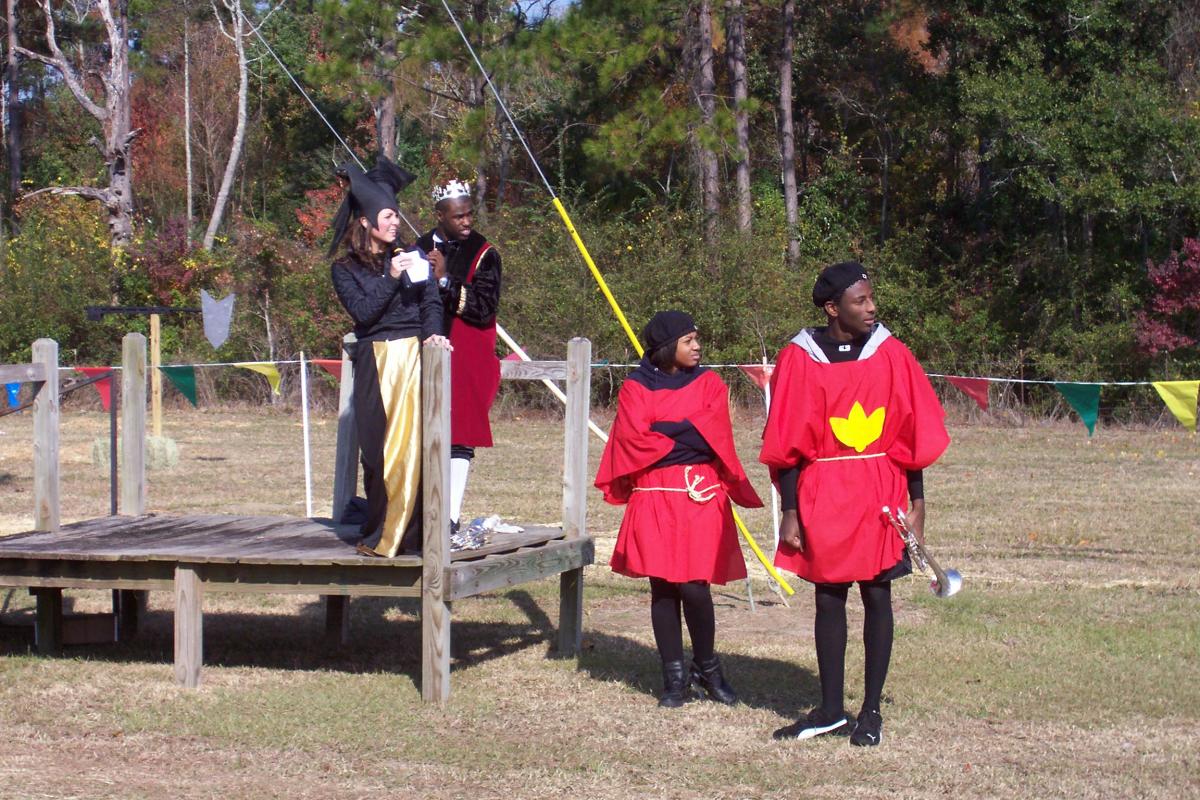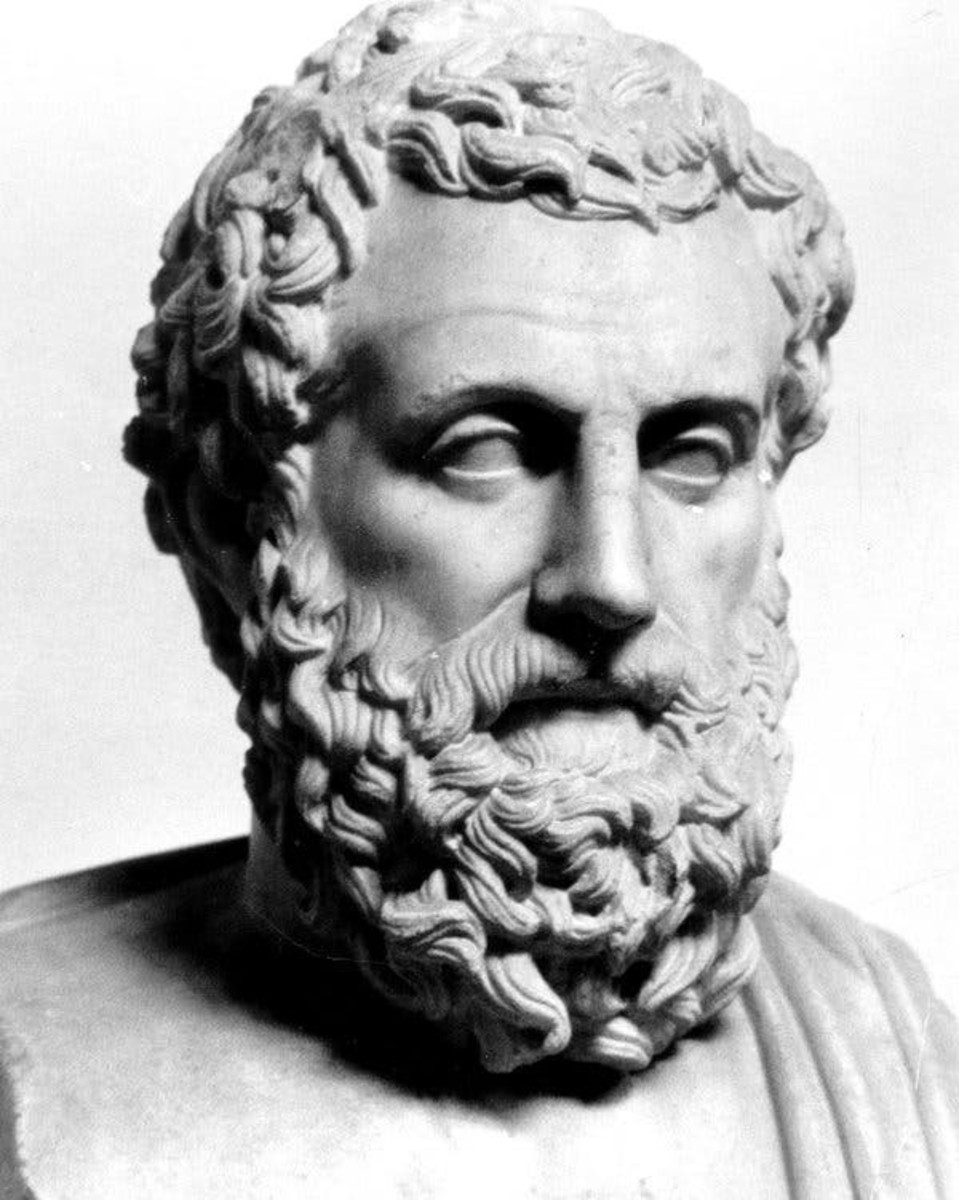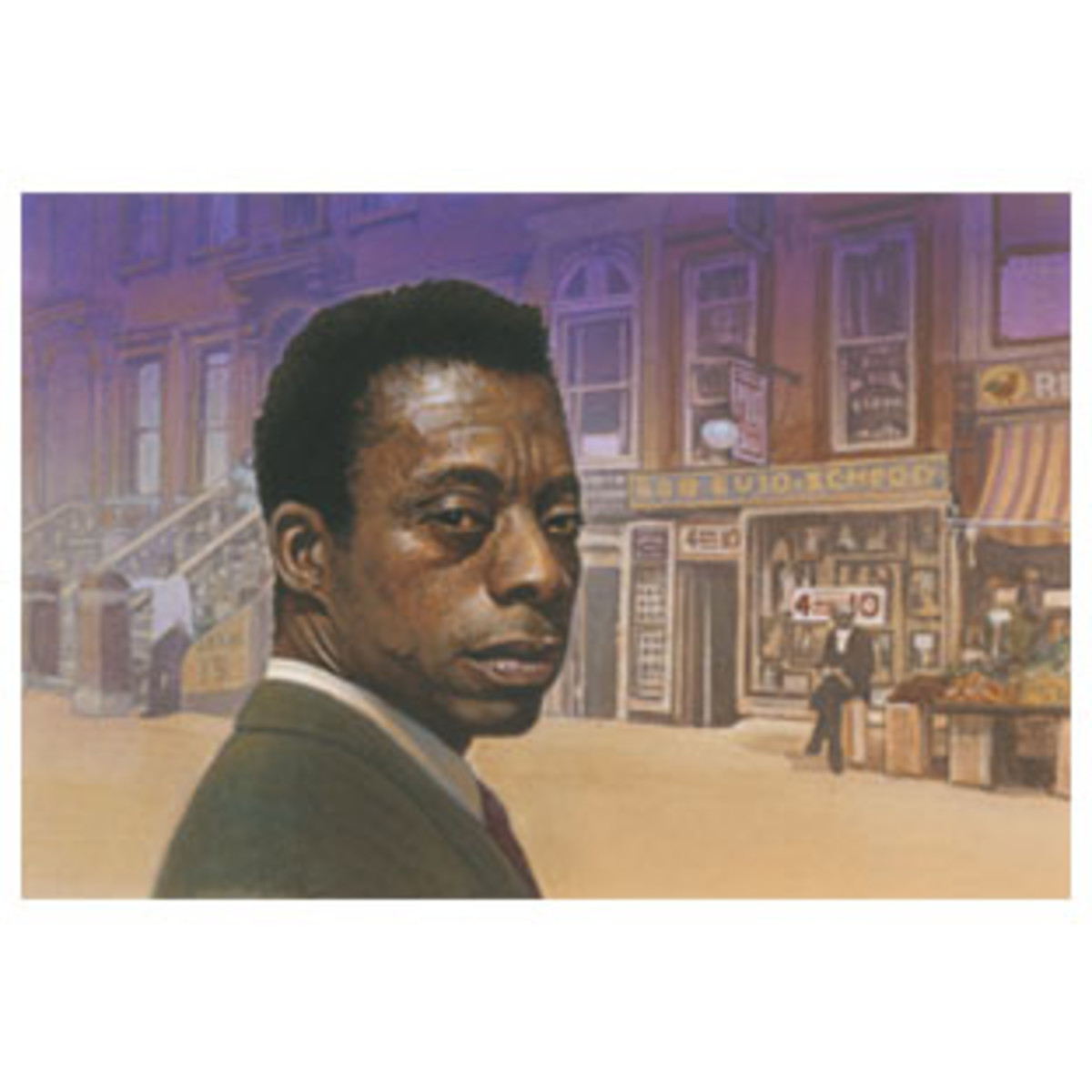- HubPages»
- Books, Literature, and Writing»
- Literature»
- English Literature
Studying Shakespeare's Plays from his first Comedies and History Plays On: What to Read and How you should read
How Shakespeare's Plays are Categorized
When reading Shakespeare's plays, it is helpful to know that they fall into a few categories of drama. All these categories were established before Shakespeare wrote. Each category or genre had certain conventions and expectations which Shakespeare often toyed with. The three basic divisions were Tragedy, Comedy, and History. However, assigning categories to Shakespeare's plays is not always simple. Many experts insist there are subcategories of plays and some argue that there is a fourth category, Romance.
A Comedy Tonight!
Which of Shakespeare's is your favorite?
Comedy
Shakespeare began his career writing comedies and histories. Although all Shakespeare's comedies incorporate a great deal of humor, the word comedy in Renaissance times did not necessarily equate humor. A comedy was simply a story which ended happily (for example, Dante's Divine Comedy is not humorous but it ends happily with Dante reaching Heaven after passing through Hell and Purgatory).
In Shakespeare's day, comedies followed certain conventions almost invariably. Typically, the comedy focuses on a male and female character or multiple couples and their relationships, usually ending with their marriage. Often, the couple or couples must overcome an obstacle which is preventing their union called a sennex (literally "old man" in Latin). The sennex could be a character (such as a disapproving parent) or another such obstacle (such as Bassanio's debt in The Merchant of Venice).
Some comedies such as The Tempest or Winter's Tale contain tragic elements that are very prominent. This has led some scholars to consider these plays tragedies. Others call them "Tragi-comedies" or "Romances."
"A kingdom for a stage"
Which is your favorite history?
History
Shakespeare began writing his histories early in his career. His Henry IV Parts I and II proved very popular and quickly launched the young playwright to prominence. Discerning which plays are history plays and which are tragedies can be difficult because many of Shakespeare's tragedies were based upon historical figures.
Shakespeare's history plays do not quite conform to the genres of either comedy or tragedy, partly because the plot was already fixed. However, there is some debate over whether some figures, particularly Richard III, are really tragic heroes.
"Where civil blood makes civil hands unclean"
Which is your favorite tragedy?
Tragedy
Shakespeare's tragedies characterize the end of his dramatic career. Most of the plays he produced towards the end of his career were tragedies or, if they were comedies such as The Tempest, they contained darker elements than Shakespeare's earlier comic works. Scholars are still unsure whether this shift towards more tragic works was prompted by some personal tragedy which Shakespeare experienced or by a greater affinity for tragedies among the theater-going public. In either case, the tragedies represent some of Shakespeare's greatest contributions to dramatic literature and have produced some of English Literature's most enduring and influential characters and speeches.
All of Shakespeare's tragedies focus on the downfall of a tragic hero. Almost everyone has probably been told at some time that tragic heroes always have a tragic flaw. However, this is not entirely true. In Shakespeare (as with all great literature) most characters are flawed, that is what makes them well-rounded characters. The concept of the "tragic flaw" is based on a misunderstanding of the Greek tradition of tragic heroes. In reality, the tragic hero makes some tragic error that causes his downfall. For some heroes, like Macbeth, the error is some sin or wrongdoing. For others, such as Hamlet, the error is actually following their virtues (in Hamlet's case, his desire to carefully consider his options before he acts).
Shakespeare experimented with qualities of his tragic hero. After his invention of Hamlet, who has since become an arch-typical tragic hero, Shakespeare experimented with less conventional tragic heroes.Shakespeare wrote Macbeth as a far less sympathetic than most tragic heroes and almost fits the mold of a conventional villain. In making Othello a moor (a North African whose skin is, apparently black), Shakespeare created the first black tragic hero. Shakespeare also broke the convention of the tragic hero being male by creating Cleopatra in Anthony and Cleopatra.
How are Shakespeare's Plays Written?
Shakespeare's plays are all written in iambic pentameter. Iambic pentameter is a metrical system consisting of five metrical feet with each foot consisting of two syllables. The first syllable in each foot is unstressed and the second is stressed. Therefore, an iambic foot makes the sound "da-DUM." A line of iambic pentameter sounds like this "da-DUM, da-DUM, da-DUM, da-DUM, da-DUM." This may be hard to pick up at first but don't worry. Iambic pentameter is the metrical scheme which most closely mimics human speech so if you say the lines aloud as you would speak them, you can't help but fall into the right rhythm. Listening to Shakespeare performed by good Shakespearean actors can also help with this.
Does Shakespeare Rhyme?
The answer to this question is both "yes" and "no." The answer also depends upon the play. Shakespeare tended to rhyme more in his early plays, especially his comedies, but gradually broke away from using rhyme in his later works. While A Midsummer Night's Dream, one of Shakespeare's first plays, is written almost entirely in rhyme, Coriolanus, one of Shakespeare's late tragedies, contains practically no rhyme at all. Most of his other plays fall in between with rhymes to accentuate certain lines. Often, Shakespeare would use a rhymed couplet to conclude a scene, adding dramatic punch such the couplet in Hamlet where the eponymous prince laments: "The play's the thing / Wherein I'll catch the conscience of a King." In other cases, Shakespeare used couplets to make lines more memorable such as this couplet from Hamlet's dialogue with Gertrude and Claudius: "But I have that within which passeth show - /These but the trappings and the suits of woe."
Folger Shakespeare
What editions of Shakespeare's plays should I read?
When studying Shakespeare, having an annotated version is critical. There are many good annotated versions available but by far the best I have come across are the Folger Library editions. They feature the play text on one page with the notes for each line on the page opposite. The Riverside Shakespeare is also a very good edition. Note that if you are taking a class you should try to get the version that your professor or teacher recommends so that you can follow easily.
A Note on Notes
No matter what edition you pick, take all explanatory notes with a grain of salt. While notes can often clarify the meaning of an obscure word or passage, they do not give the final say on that word or passage. The note is the editor's interpretation based upon his research. Notes are very helpful but the reader should always remember that words and passages in Shakespeare often have multiple meanings or connotations. The Oxford English Dictionary Online can be a very useful resource for picking apart words to find the different shades of meaning. The OED online requires a subscription but many libraries and colleges subscribe to it so you should check your school or library's electronic resources first.
What about Cliff's Notes or No Fear Shakespeare?
Both are excellent resources if used correctly. By reading Cliff's notes you can get a basic understanding of the play and No Fear Shakespeare can help you to understand tougher passages but neither should used as a substitute for reading the whole play. The reason they cannot be substitutes is twofold. First, like notes, they fail to capture the full range of meaning that Shakespeare's works contain. Second, you would be missing out on the real joy of reading Shakespeare, the beauty of his language.
Open Source Shakespeare
Where can I read Shakespeare Online?
There are a number of sites that offer Shakespeare's plays for free but by far the best I have found is Open Source Shakespeare. It offers all Shakespeare's plays, poems, and sonnets and has a search engine that makes it easy to look up lines even if you don't remember them clearly. I always go to this site when I am doing research or writing anything to do with Shakespeare.









